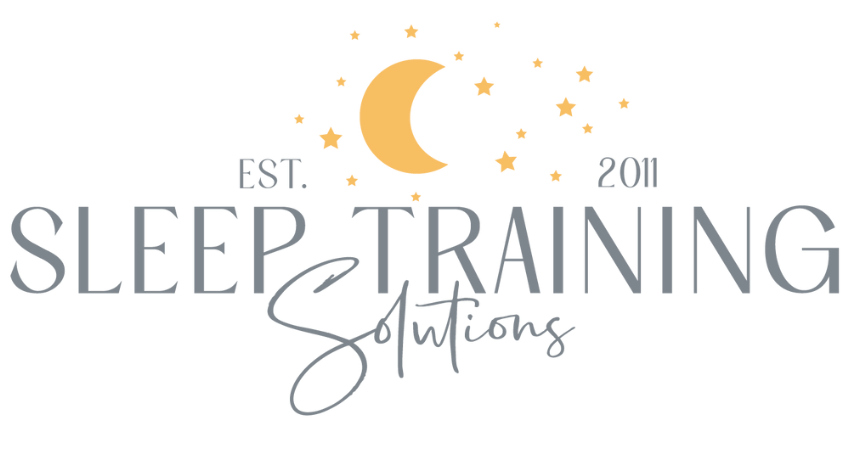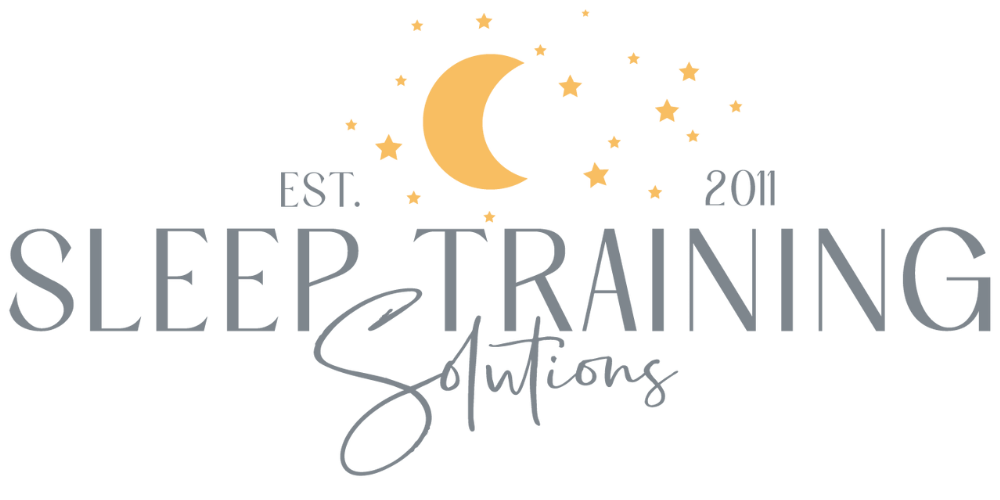7 tips to help your child sleep better during allergy season
Is there a child in your house with a runny nose, itchy eyes and who is sneezing a ton?
You know what that means…Allergy season is here. Ugh!
My oldest has seasonal allergies and according to the pollen forecast, levels are ridiculously high in our area right now – which explains why he went through almost two boxes of tissues on Sunday!
Since he’s such a good sleeper on a normal day and we use the tips I’m about to share, his allergies don’t usually affect his sleep, but in talking with other parents, that isn’t always the case.
In trying to minimize the allergens in his bedroom and maximizing his sleep, I found a seven tips that are can be really helpful:
1. Rinse off the day
Most kids are outside at least a few times each day, rolling around on the grass, sliding down slides, falling into bushes trying to catch a football…and when they come inside, they’re bringing pollen back into the house, on their skin and especially in their hair. Washing that off right before bed is key…otherwise it’ll get onto his pillowcase, where his face is in close contact and he’ll be breathing it in all night!
2. Keep pajamas and loveys in bed
Does your child carry his favorite stuffed animal or blanket all over the house and on errands? I often see kids at the library or the park carrying their loveys where it’ll inevitably be dropped on the ground or brushed against the car which is going to attract pollen. Then when they’re snuggle with that blanket in bed later, they’ll be breathing in all those particles. Best to leave those in the bedroom…and because they haven’t been “with” their lovey all day, it’ll be something to look forward to which will make bedtime easier too!
3. Don’t open the bedroom windows
For fear of sounding like a broken record, you don’t want pollen flying into the bedroom! I actually go a step further during the 6 weeks of high pollen count and don’t open any windows on the second floor.
4. Keep outdoor pets out of the bedroom
We have a large chocolate lab who LOVES to roll around on the grass, whether you’re scratching his belly or not. He’ll run through the bushes to retrieve whatever you decided to throw in that direction. We brush him daily to get those pieces of grass and dirt and there are days when you can actually see the yellow pollen. But even if you can’t see anything on your pet’s coat, if larger “things” can attach to him, just imagine dust-like particles like pollen sticking…And then they come in and want to shake, spraying those particles all over the room.
5. Saline and moisturizer
We use an over-the-counter saline spray in his nose which rinses out the particles and excess snot. And use it all day, not just at bedtime! Not to be gross, but you want to keep up with the, ahem, production. And then use something under and around the nose (ie Aquaphor) so it isn’t so raw and painfully red.
6. Look at what your child is eating
Some foods can affect your allergies. Certain foods when cooked will be fine, but eaten raw can make hay fever symptoms worse. Something to keep an eye out for during the high peak season.
7. Don’t put the top down
This site tells you which cities are the best and worst pollen-wise that day, and also has an app for your phone. If Chicago is listed under “worst” cities that day, we won’t drive with the windows open and or sit out on the patio for dinner.
With all of that said, you could drive yourself crazy creating a bubble for those 6-8 weeks when winter is turning into summer. Do your best as often as you can and see what helps your child during the peak allergy season!
Related Posts:
This post is for informational purposes only and may not be the best fit for you, your child and/or your personal situation. It shall not be construed as medical advice. The information and education provided here is not intended or implied to supplement or replace professional medical treatment, advice, and/or diagnosis. Always check with your child’s physician or medical professional before trying or implementing any information read here.





